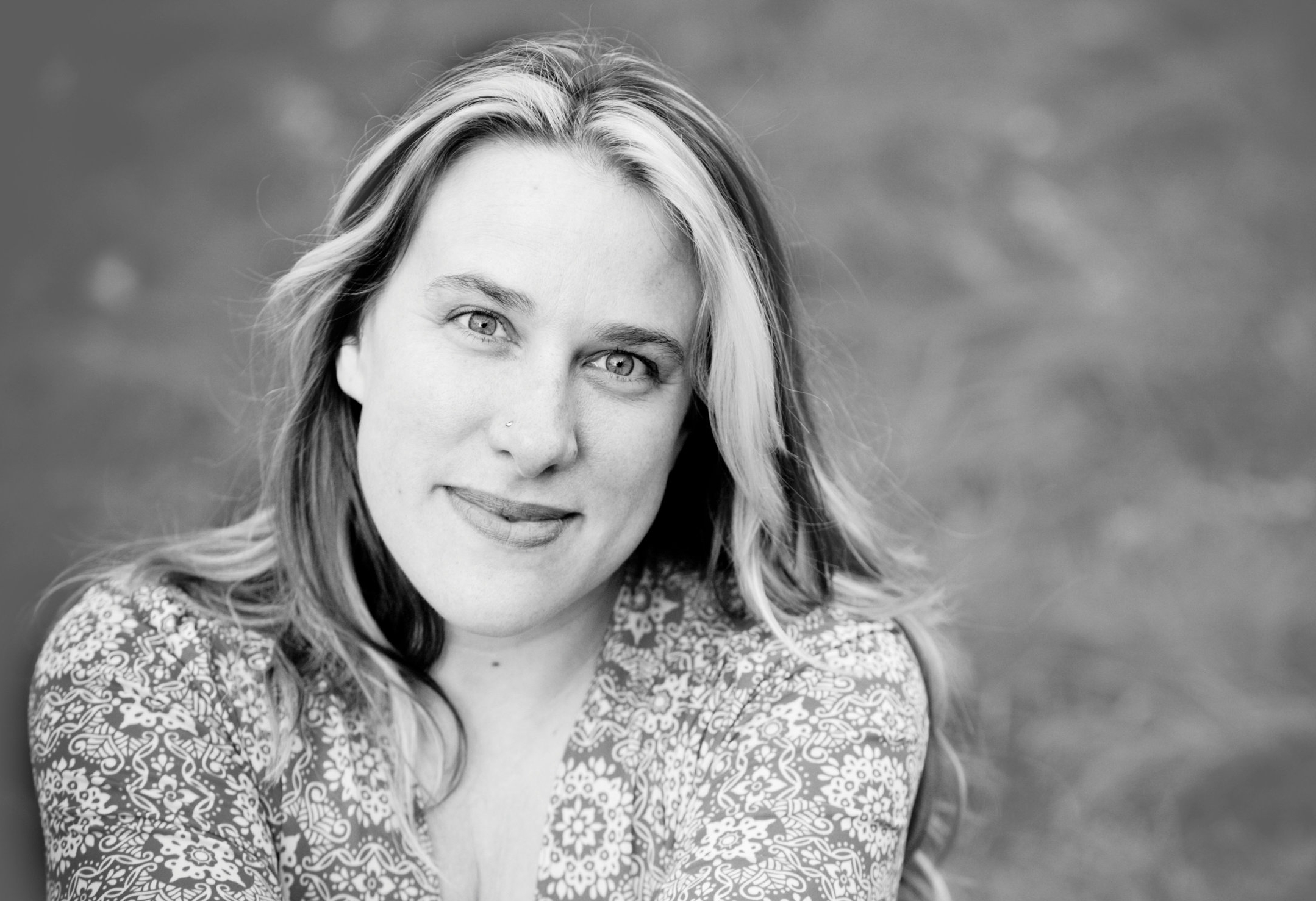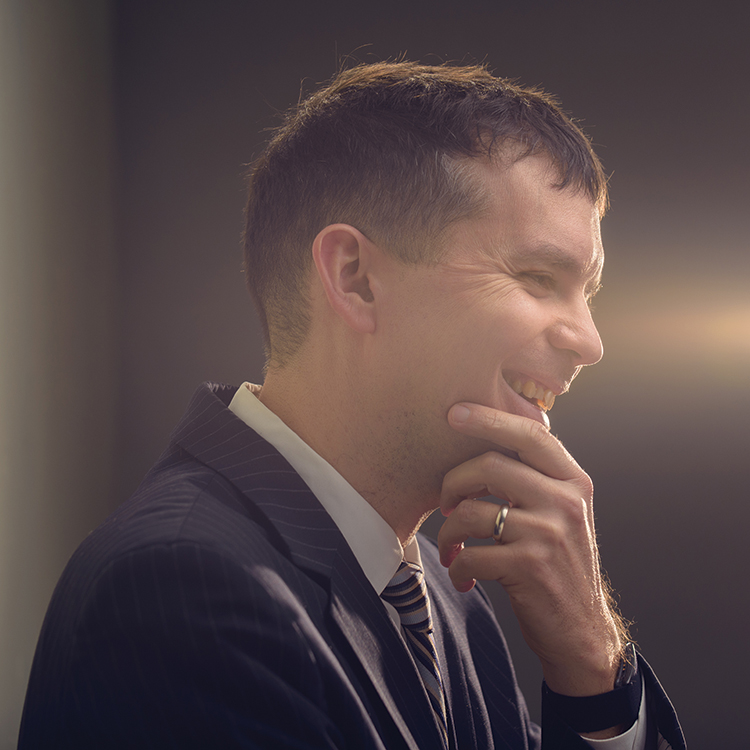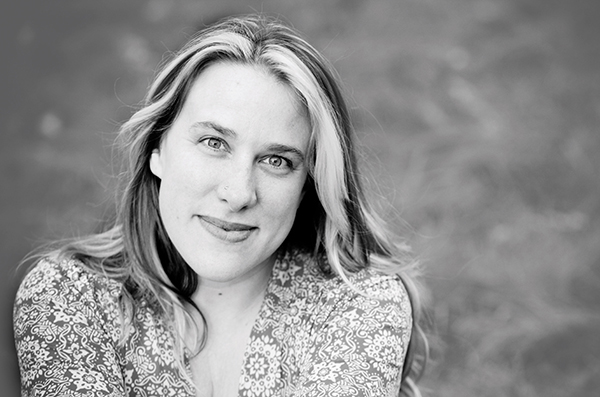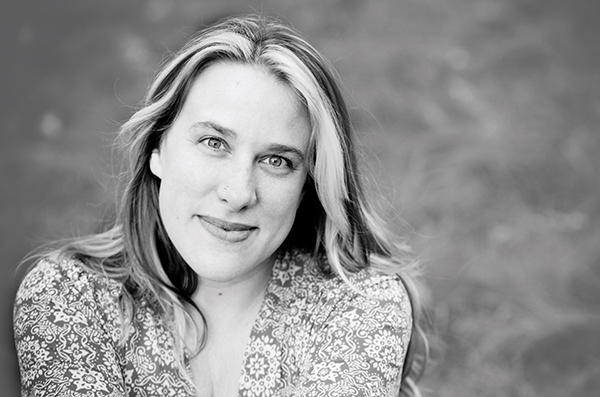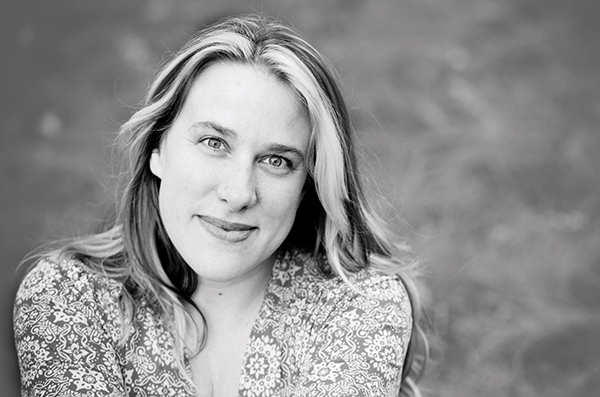Freedom from Want
by Heather Shayne Blakeslee
During elementary school, the bedroom that I shared with my little sister could not have been more ideal. It was light and airy, and our matching set of tiny brass beds each had wooden shelves above them that my father had made himself. In between the beds, under the window, an old-fashioned library table held the day’s treasures—a favorite book, perhaps, or a notebook filled with charcoal sketches.
My microscope—we had a microscope!—sat on that table, and I still remember the spider’s egg sac collected at the bus stop that hatched in a little plastic collection vial one day. As I watched them emerge, I was torn among competing instincts: a fear of their escape, a desire to understand them and the emotional tug of wanting to set free those tiny baby arachnids, some of whom eventually found their way between two tiny glass plates. (A child who one day reads “Charlotte’s Web” and the next is collecting field specimens will always have some reckoning to do.) My parents probably had similar sentiments watching us.
As we settled in to sleep off the day’s adventures, my sister and I talked across the darkening room and stared at a colorful wall fading into shadows: My mother had wallpapered it floor to ceiling with favorite paintings from school, the forms of thick tempera on crinkled pages a reminder that someone cared about what we created.
When it was rainy or cold we had Legos. Lincoln Logs. Erector Sets, paint sets and records. When the weather was fine, we spent enormous amounts of time marauding around the woods—my sister, my little brother and another young boy who lived on our safe little street—and, happily, we had each other. We didn’t go to summer camp. We were summer camp.
The thread that ties my memories together is that our bodies and our minds were in a state of perpetual motion and perceived freedom within a world that was, of course, lovingly crafted and exactingly monitored by our parents. We had no idea of our charmed existence, how much we were made to feel as though we mattered. We probably still don’t understand how much we carry that feeling with us every day.
It’s difficult, but not impossible, to imagine a different world in which we did not have the parents we did, or the resources we did. Just start by taking away one of those doting guardians. Now subtract not only the wooden library table, but the library as well. Then erase the notebook and put away the microscope. Cancel art class, and take away the teachers who cared. Disband the merry group of supportive siblings and friends, and ban them all from the woods.
Who are those kids? What do they become? Who do they become?
Those kids are legion. Some of them lived in the same town that I did, but they were everywhere, in every town and every city. They are still everywhere in America—and despite their circumstances, every single one of them matters. The ones who were born here and the ones who came from faraway places. The ones whose stories we understand, and the ones who sing in unfamiliar tongues. They are all bundles of potential, and community arts, culture and science programs can be lifesavers for some of them, especially those in struggling families and schools.
In Philadelphia, those programs include Al-Bustan, which fills rooms with music and laughter as it celebrates diverse Arab culture, or One Art Community Center, which is building a resilient neighborhood through community-led arts and wellness programs.
This issue of Grid is for all those programs and people who help our youth find their voice—and then listen.


